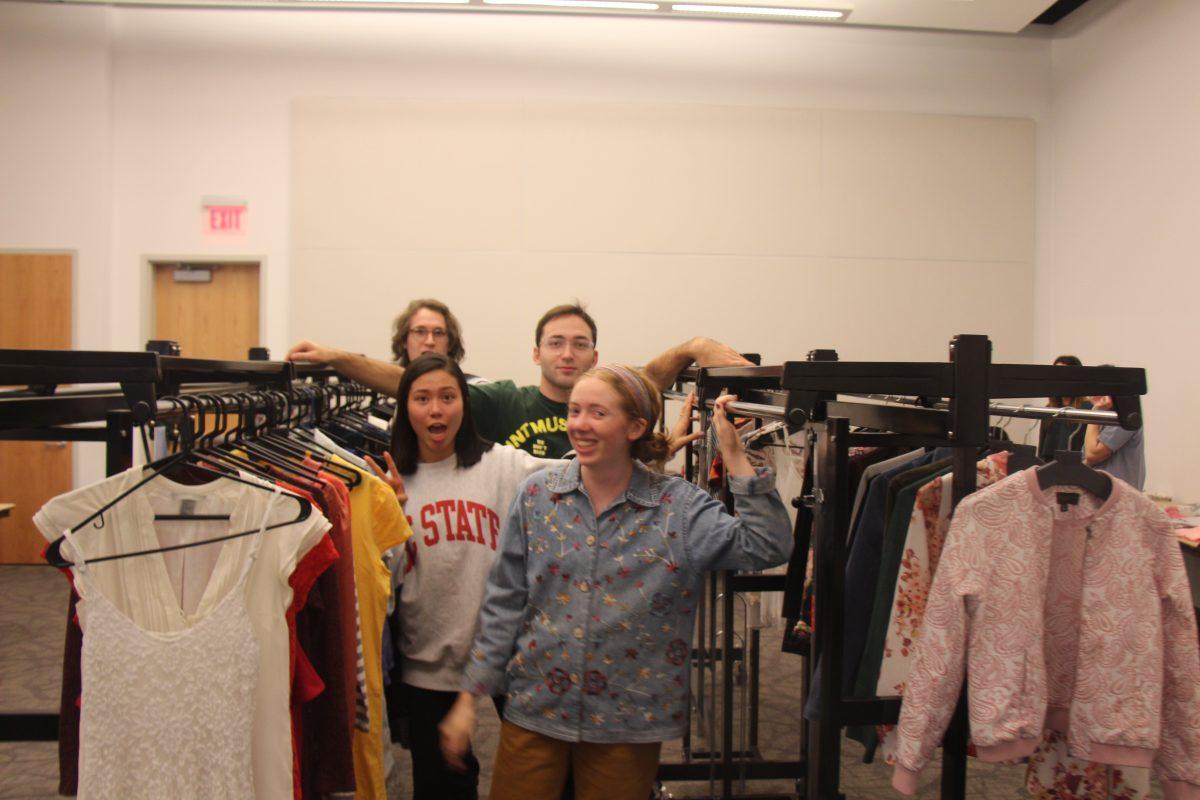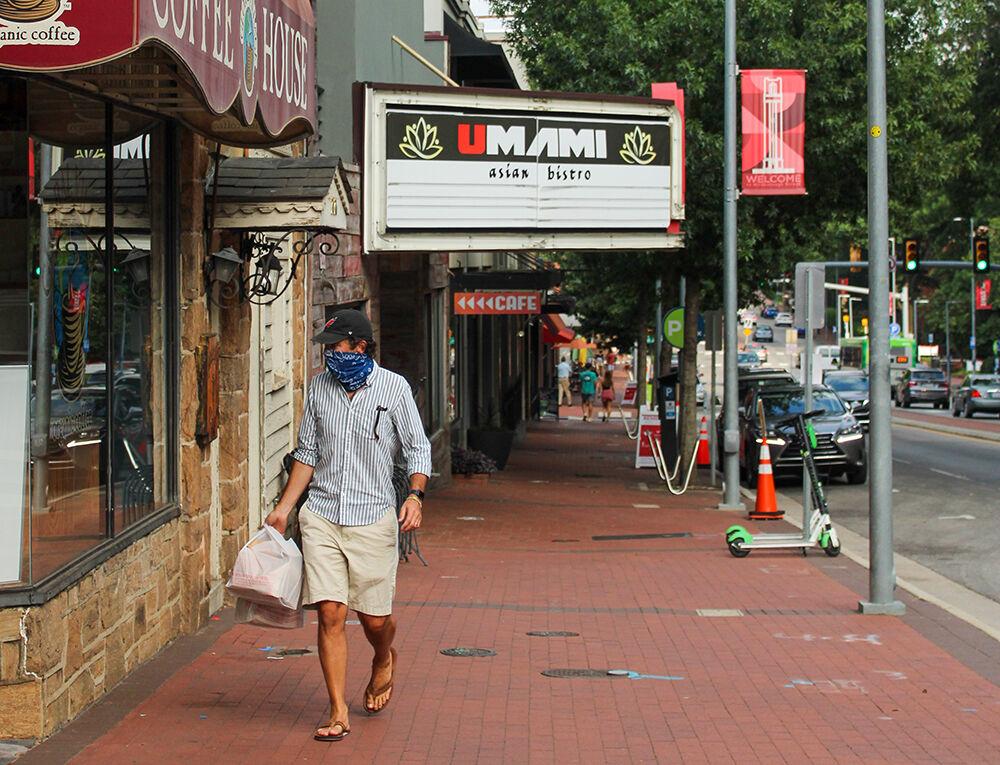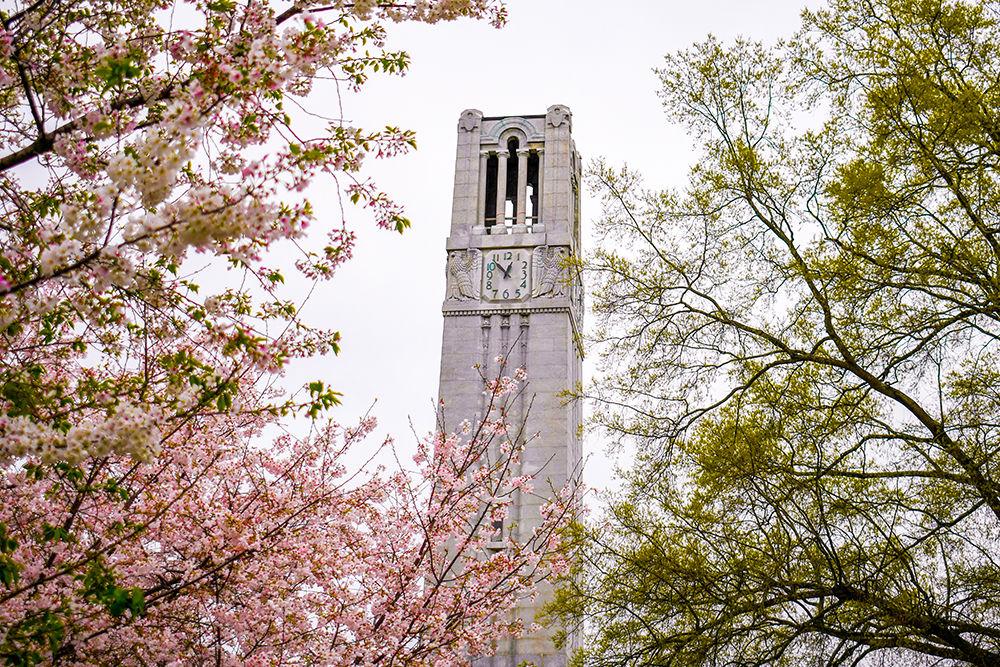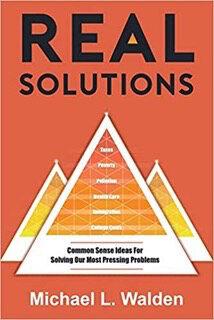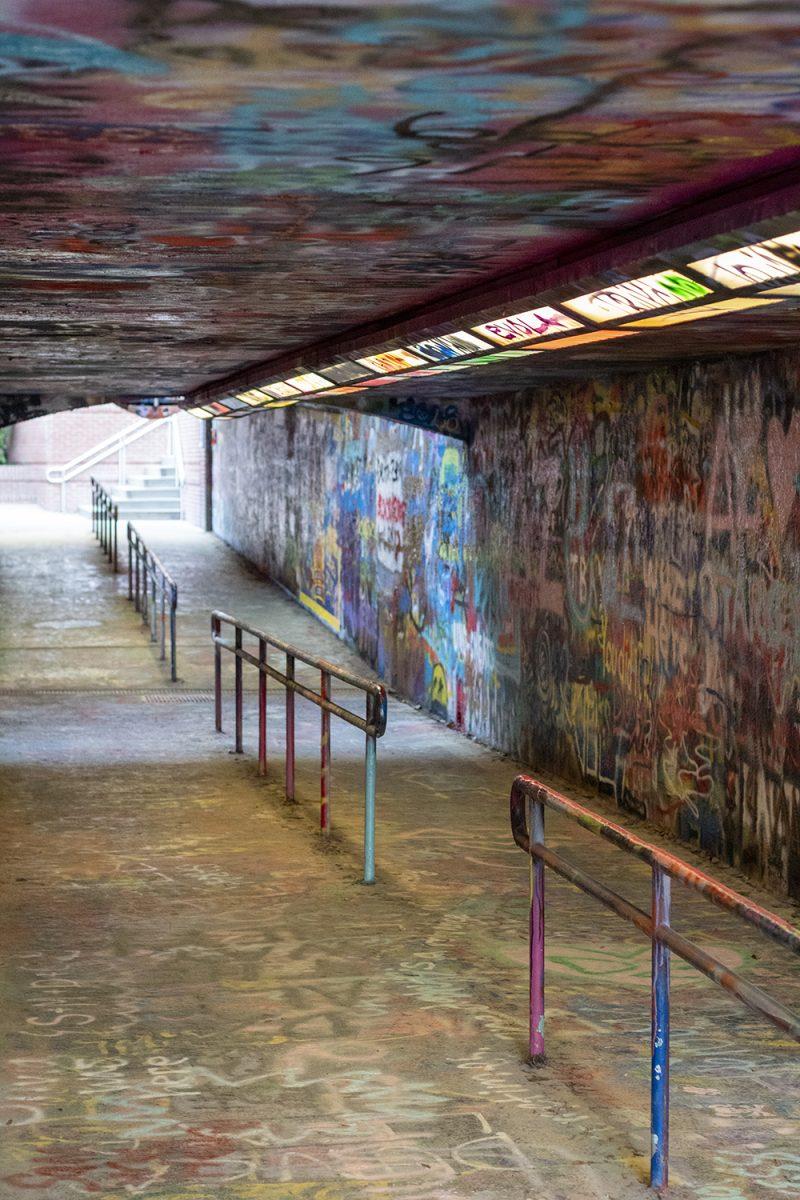Advocating for the betterment of the textile industry, the Greater Good Textile Group is intent on making a difference.
According to club President Coby Hart, the club was founded six years ago out of the Wilson College of Textiles, a home for students wanting to discuss ethics in the textile apparel industry, from both local and global perspectives.
Created initially to address the ethical treatment of garment workers, the club has shifted towards discussing more general responsibilities within the textile industry.
“It’s kind of evolved into overall sustainability,” Hart said. “For businesses, that’s focusing on social and environmental concerns, in addition to profits. Our club looks at the sustainability of textile processes, the ethical treatment of garment workers within the textile industry and then textiles-specific service opportunities within our immediate community.”
Prior to COVID-19, the Greater Good Textile Group held numerous events each year, from local fundraisers to opportunities for students to network with professionals in the textile industry.
In the past, the group’s most popular event has been a clothing swap, held each semester through a partnership with Zero Waste Wolves.
“We’re trying to create this idea of community and also avoid textile waste by swapping clothing with other people in the community,” Hart said. “Creating this kind of trade-in clothing swap reflects how we want to see the rest of the textile industry and our goals in the future.”
In addition to clothing swaps, students in the Greater Good Textile Group can anticipate a sustainable business forum centered around ethics and sustainability in the supply chain.
While put on pause this year, the event is usually held in downtown Raleigh as a public event.
“It’s a more professional event — like a professional panel — and we just let these people talk about their journeys in this industry and what they think is important for achieving sustainability and stuff like that,” Hart said.
The club also participates in Fashion Revolution Week, a global movement that started from the outrage surrounding the collapse of a garment factory in Bangladesh.
During the week-long event, members of the Greater Good Textile Group can be found tabling in busy areas of campus, with various activities for potential participants to complete.
Of course, the group has had to drastically reduce the number of events in the past year due to COVID-19.
“For maximum safety, we decided that in the fall semester and this semester to have every meeting virtually,” Hart said. “We have hour-long meetings when we start the first 30 minutes with some kind of presentation. So anyone in the group can give a presentation on a topic that is of interest to them. Some examples have been discussions about environmental racism, recycling in the textile industry and the circular economy.”
The group’s biggest difficulty has been transferring its main events virtually. This is especially a challenge, as the Greater Good Textile Group’s events tend to center around reaching out to students in the community and spreading awareness about lesser-known topics concerning ethics and sustainability in the textile industry.
Despite this year’s past challenges, Hart treasures his participation in the Greater Good Textile Group.
“It’s just been really great to have been a part of a group like this that’s very service-oriented,” Hart said. “It’s filled with people that are passionate about this topic, and it’s a great way to make awesome connections with people in the industry and people in the college and to make friendships and just get to do a lot of fun service-oriented stuff.”
Students interested in learning more about the Greater Good Textile Group can reach out via their Instagram and Facebook pages.


